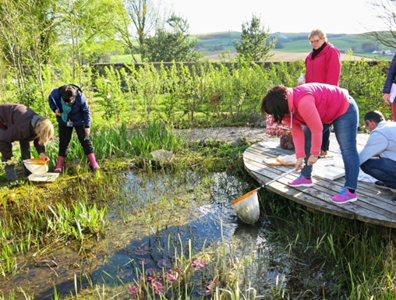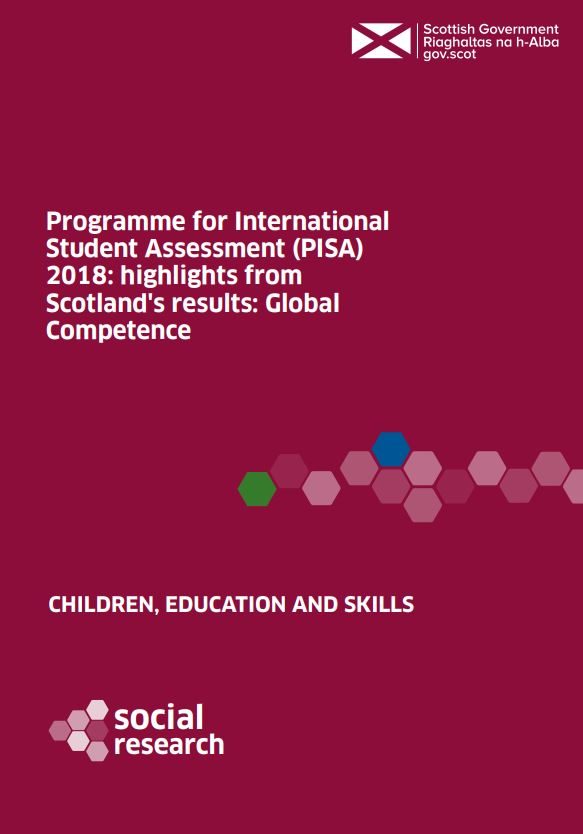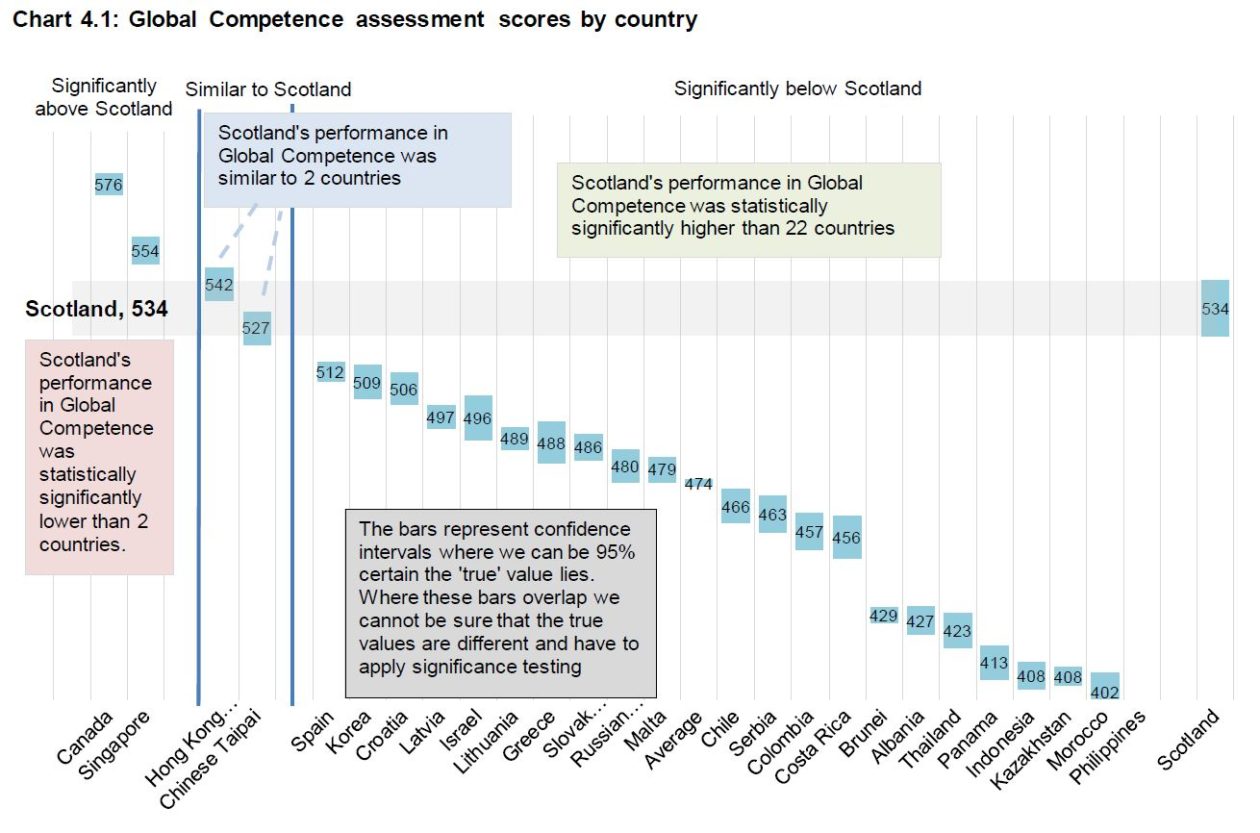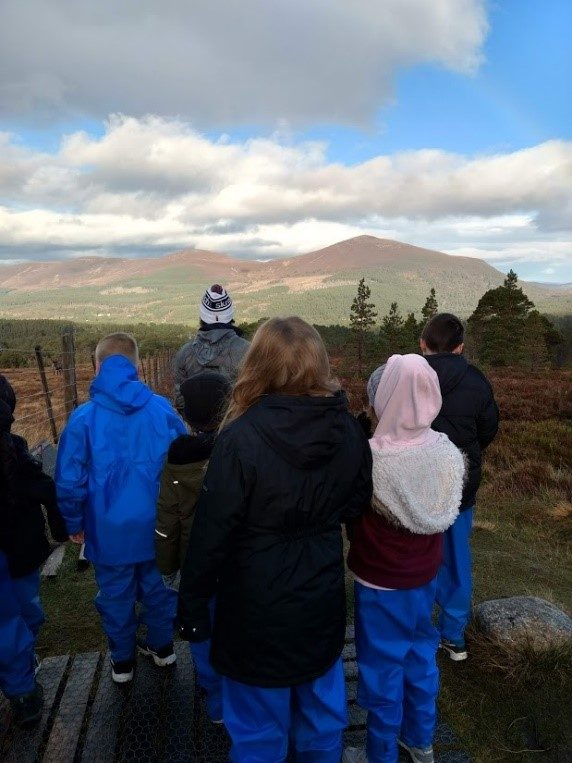Outdoor learning with a focus on Additional Support Needs
28 October
3 15 pm for 3 30 pm webinar
Participants will hear from a range of practitioners how children and young people with additional support needs experience outdoor learning.
The webinar will include a focus on outdoor learning within primary and secondary schools and settings which supporting complex needs.
Numeracy and Maths webinar
4 November
3.15 pm for 3.30 webinar
As this is a re-run if you wish to attend this – please email EDSRegionalImprovementTeam@educationscotland.gov.scot FAO Ashley Spence and ask to be added to the list
Re-run of Numeracy and Maths session held on 30 September.
Literacy in the outdoors
11 November
3.15 pm for 3.30 webinar
This webinar will be run by a combination of Education Scotland STEM and Literacy and English colleagues joined by presenters from The John Muir Trust who will present practical ideas for The Lost Words. East Ayrshire’s Learning Outdoors Support Team will also share inspiring literacy ideas from their work with schools. Participants will be invited to share ideas during the session.
www.eventbrite.co.uk/e/literacy-in-the-outdoors-tickets-122226756519
Outdoor Learning and Religious & Moral Education
19 November
Webinar 4 – 5 pm pre-meet 3.30 pm
This webinar will explore links between OL and RME, identifying how RME is an excellent context for considering the relationships between OL, Beliefs, Values and Practices and Traditions. Participants will have the opportunity to discuss and share ideas during the session.
www.eventbrite.co.uk/e/outdoor-learning-and-religious-moral-education-tickets-123685503671
Gender differences in outdoor learning
23 November
3.15 for 3.30 pm webinar
This session will use research and examples of practice to inform a discussion of gender differences in children & young people’s relationship with outdoor learning.
It will explore the implications of gender differences in participation on the wellbeing and self-efficacy of young people.
In particular it will explore:
- Barriers young people may face in relation to outdoor learning due to their gender.
-
Implications for those who may miss out on accessing outdoor learning opportunities.
-
How stereotypes may be unwittingly reinforced.
-
Practical strategies to help overcome the barriers
www.eventbrite.co.uk/e/118162117073
Social studies and outdoor learning focus – primary practitioners
25 November
3.15 pm for 3.30 webinar
www.eventbrite.co.uk/e/outdoor-learning-webinar-tickets-113639049456





